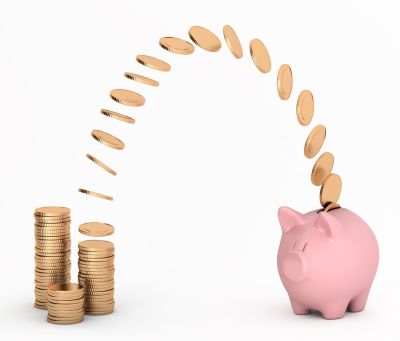
As a borrower, it is much easier to obtain a personal loan if you have a guarantor
When applying for a personal loan, it is crucial on the part of the bank to know in detail the credit history of the borrower so as to be certain that he or she has the ability to pay back the loan. In cases where the loan is large or the lender is not confident of the borrower’s ability to pay back the loan, the lender may request for collateral or a guarantor as security.
What is a collateral?
A Collateral is basically an asset, like a car or a home that a borrower pledges when he or she takes up a loan. A loan with a collateral is known as a secured loan. In a secured personal loan, if the borrower fails to repay the loan, the bank may repossess the asset that was set as collateral.
Why is this important? The Interest rate on a secured personal loan is generally lower than on an unsecured personal loan. This is because in an unsecured personal loan, the risk to the lender is higher (the lender has no assets to repossess in the event the borrower does not repay the loan).
What is a Guarantor?
A guarantor is a person who is willing to take responsibility should the borrower fails to repay the loan. The guarantor effectively acts as a “security” to the lender.
Why is this important? As a borrower, it is much easier to obtain a personal loan if you have a guarantor. In fact, due to the risky nature of unsecured loans, some banks may not actually approve a loan unless the borrower finds a guarantor who is wiling to be responsible for his or her loan.
Need a personal loan? Check out iMoney’s personal loan comparison table to find the bank with the lowest interest rate!











